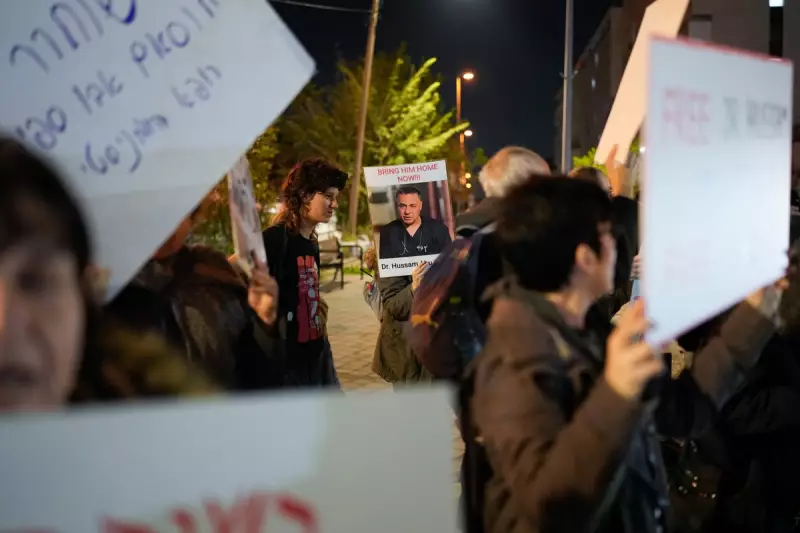
A high-level Hamas delegation has returned to Cairo for crucial ceasefire negotiations as tensions escalate over Israel's threatened military operation in Rafah. The talks come amid growing international pressure to prevent further bloodshed in the besieged Gaza Strip.
Renewed Diplomatic Push
The Hamas representatives arrived in the Egyptian capital on Sunday for what mediators describe as " intensified and serious" discussions. This marks the latest effort to bridge significant gaps between the Palestinian militant group and Israeli authorities after months of stalled negotiations.
Egyptian and Qatari mediators are leading the diplomatic initiative, working against the clock to secure an agreement before Israel follows through on its repeated warnings about a full-scale assault on Rafah. The southern Gaza city currently shelters over one million displaced Palestinians.
Sticking Points and Demands
Previous negotiation rounds have repeatedly collapsed over several key issues:
- Ceasefire duration: Hamas demands a permanent cessation of hostilities
- Israeli troop withdrawal: The group insists on complete Israeli military pullback from Gaza
- Prisoner exchanges: Complex arrangements for releasing Israeli hostages and Palestinian prisoners
- Humanitarian aid: Guarantees for sufficient aid delivery throughout Gaza
International Pressure Mounts
The Cairo talks unfold against a backdrop of increasing global concern about the humanitarian catastrophe in Gaza. World leaders have issued stark warnings about the potential consequences of a Rafah offensive, with many describing the situation as "catastrophic."
United Nations officials have repeatedly emphasized that an attack on Rafah would dramatically worsen the already dire humanitarian situation. The city has become the last refuge for Palestinians displaced from other parts of Gaza during the conflict.
What Comes Next?
While both sides have expressed cautious optimism about the renewed talks, significant obstacles remain. The outcome of these Cairo discussions could determine whether the region faces further escalation or sees the first sustained pause in fighting in months.
International observers note that the presence of senior Hamas figures in Cairo suggests the group is treating this round of negotiations with particular seriousness. However, with Israel maintaining its military readiness, the window for diplomatic success appears narrow.






